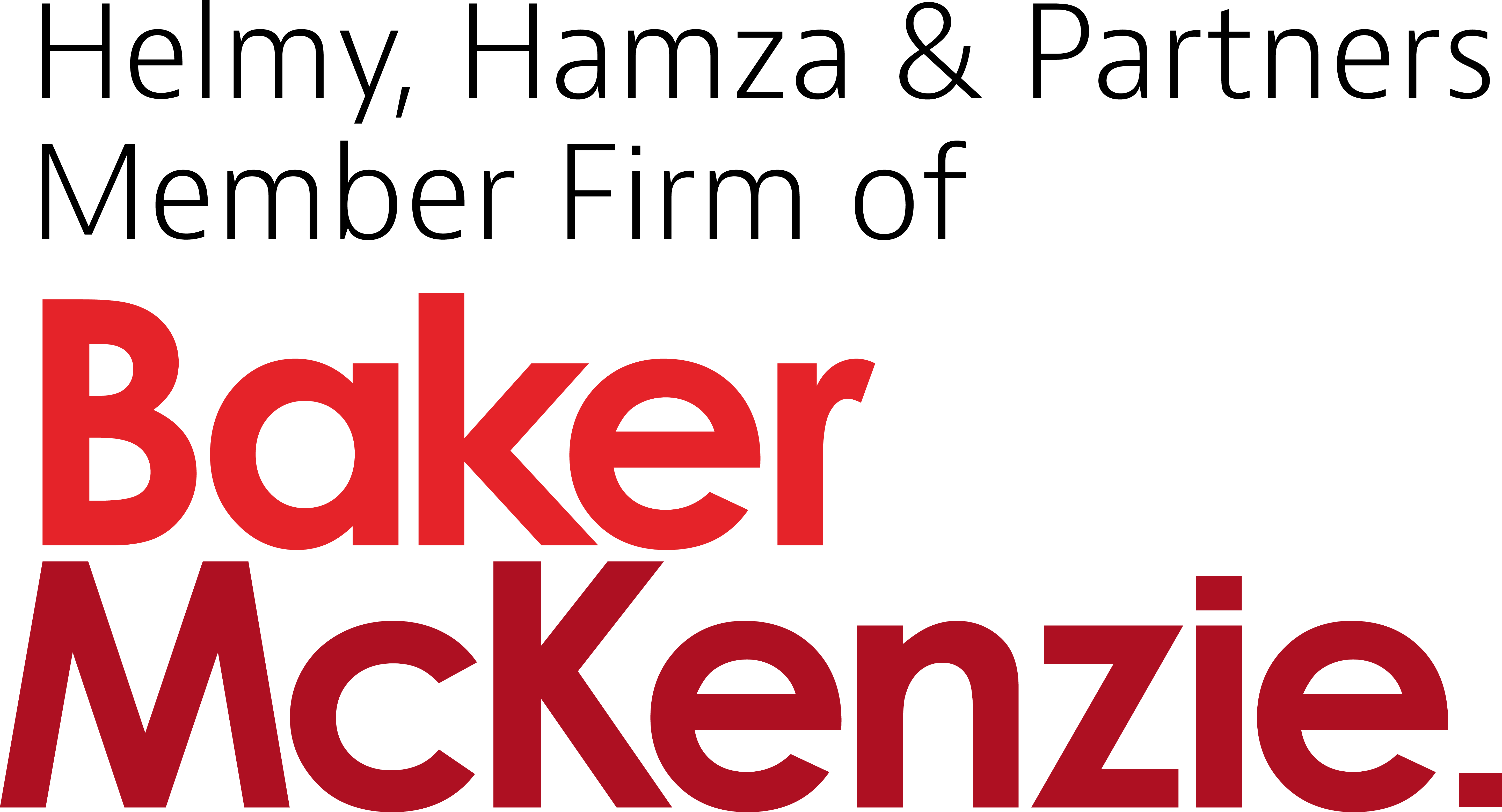In brief
The Financial Regulatory Authority (“FRA”) recently published regulations setting out the requirements for establishment and licensing for companies seeking to offer certain non-banking financial services (“NBFS”) in Egypt (“Fintech Regulations”) which came into force on the 2nd January 2024. The requirements set out under the Fintech Regulations apply to financial technology (“Fintech”) companies seeking to obtain a license to offer mortgage financing, SME financing, microfinance, financial leasing, factoring, and consumer finance services. This marks a significant step for startups in the Egyptian market, providing needed clarity in the form of a unified framework for entry into such market.
Key takeaways
- To obtain a license, the applicant must be established as an Egyptian joint-stock company which is limited in its objectives to offering one or more of the following services in the Egyptian market: mortgage financing, SME financing, microfinance, financial leasing, factoring, and consumer finance services. The company must have a minimum issued and paid up capital of EGP 15 million or its equivalent in foreign currency per type of service to be provided. Moreover, a minimum of 25% of the company must be owned by technology or Fintech experts.
- An online application must be completed and a series of documents will need to be submitted to the FRA demonstrating the satisfaction of certain corporate, technical and administrative requirements including but not limited to, the business model of the company highlighting its unique selling points compared to existing entities operating in the Egyptian market and the plans the company intends to implement regarding, amongst other things, information security, technical infrastructure, electronic know-your-customer (E-KYC), and anti-money laundering.
- In addition to the abovementioned criteria which must be satisfied in order to establish the Fintech company, a series of undertakings need to be made to the FRA in order to obtain a preliminary approval for carrying out one or more of the NBFSs set out above, in addition to the payment of the relevant fees. This includes, for instance, an undertaking to begin operations within a maximum of two months from the date on which the preliminary approval in issued.
- The Fintech company has two years to obtain the final license from the FRA which can be achieved by increasing the company’s issued and paid up capital to meet the capital requirements required under the applicable laws and regulations for each NBFS.
For further information and to discuss what this development might mean for you, please get in touch with your usual Baker McKenzie contact.
*****

© 2024 Helmy, Hamza and Partners. All rights reserved. Helmy, Hamza and Partners is a member firm of Baker & McKenzie International, a global law firm with member law firms around the world. In accordance with the common terminology used in professional service organizations, reference to a “partner” means a person who is a partner, or equivalent, in such a law firm. Similarly, reference to an “office” means an office of any such law firm. This may qualify as “Attorney Advertising” requiring notice in some jurisdictions. Prior results do not guarantee a similar outcome.





